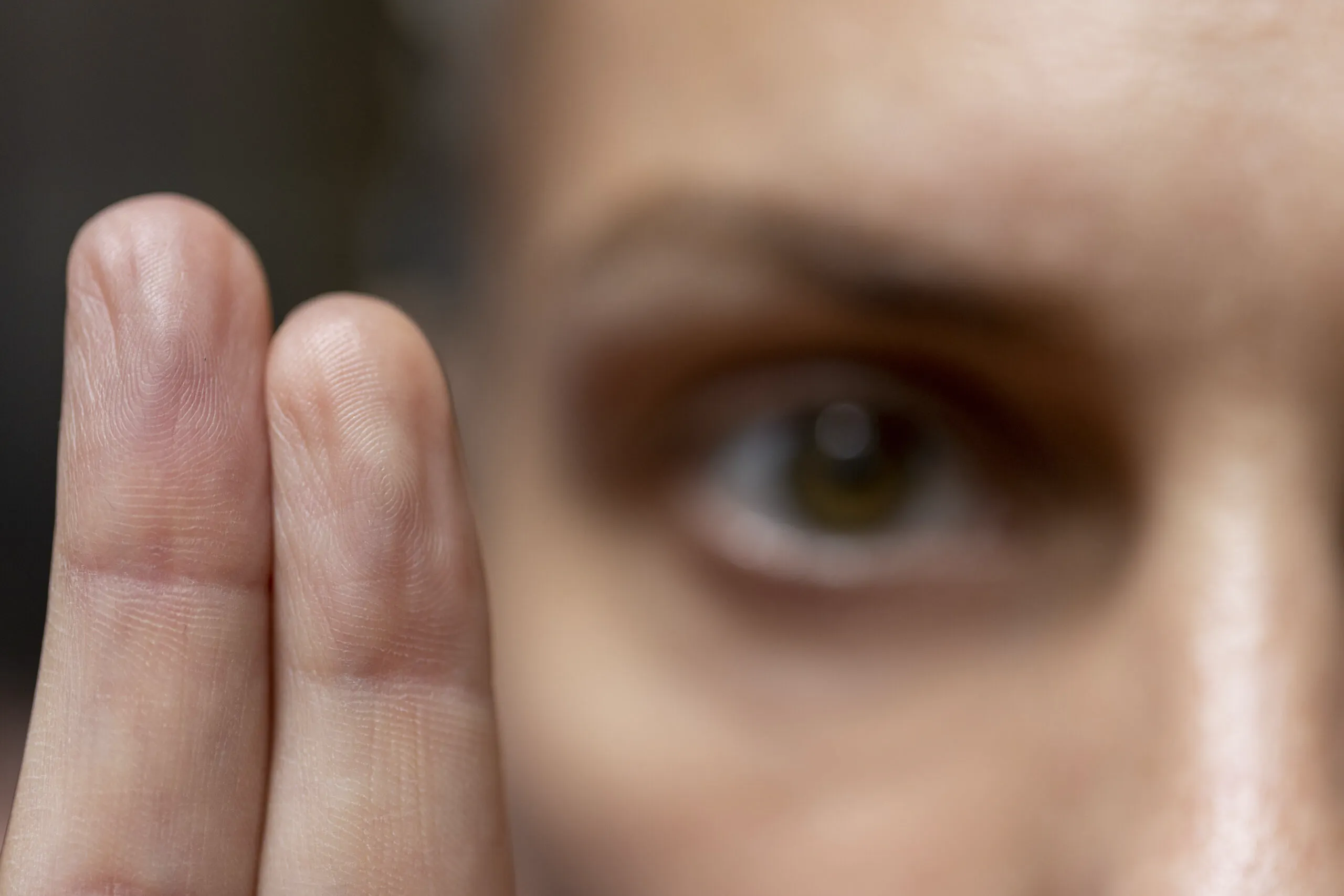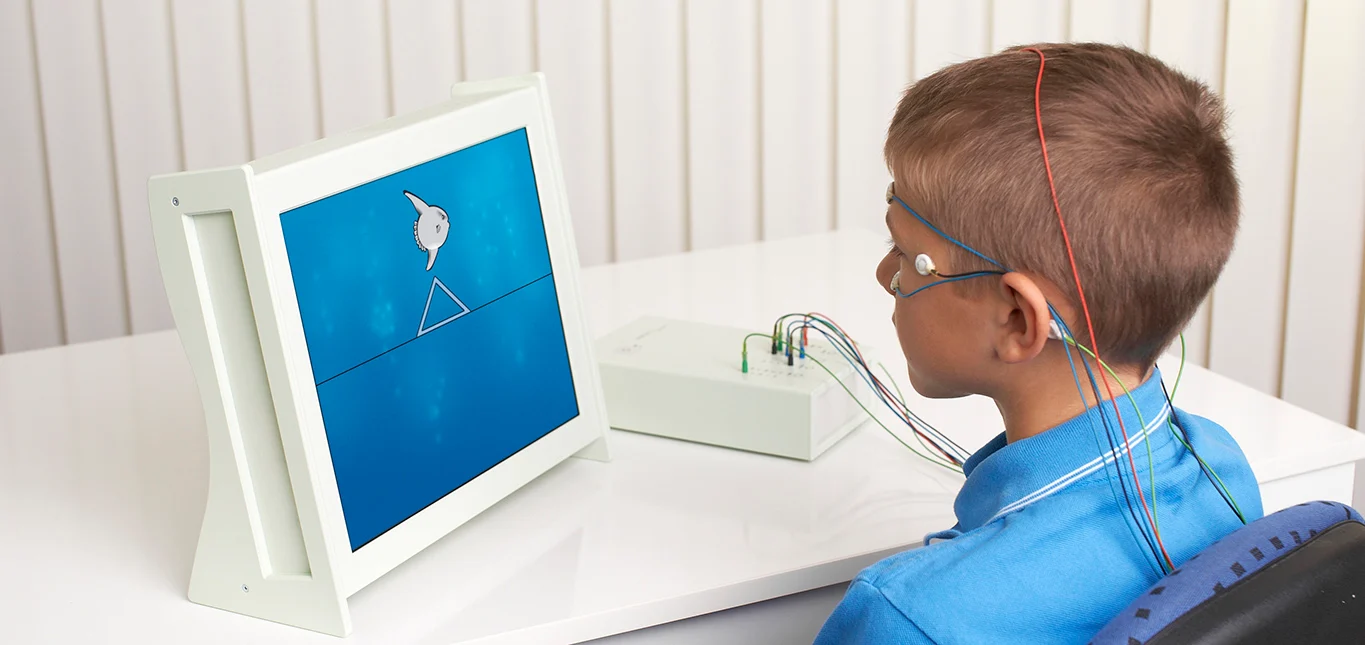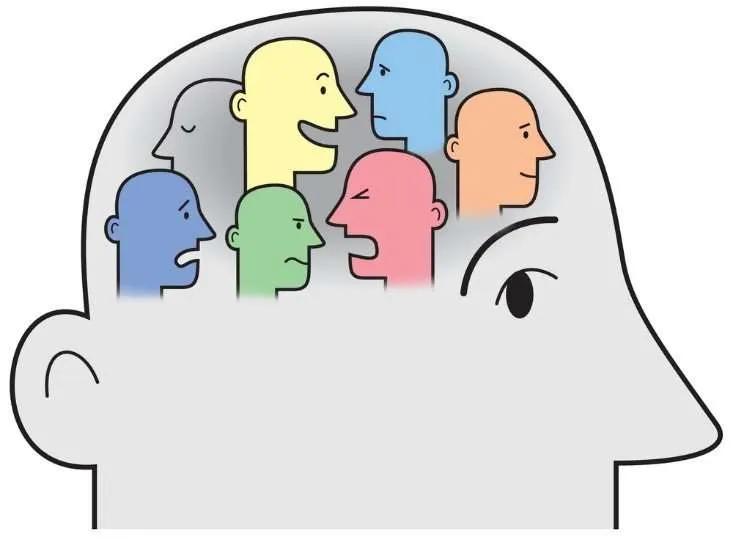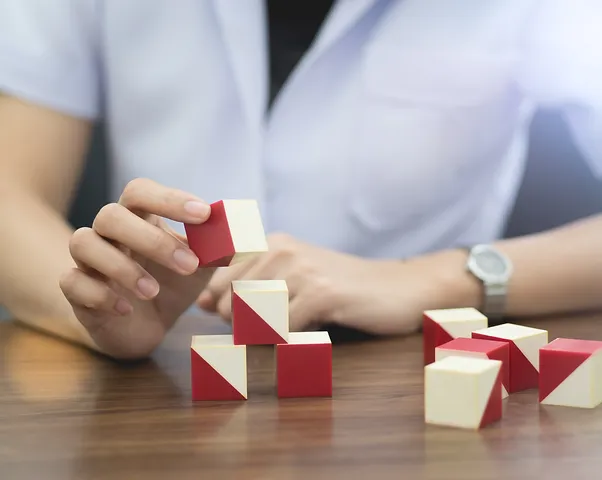Services

Psychiatric medication management
We believe in whole person healing involving body, mind, relationships and spirit. In the long run healing involves changing our thought patterns and relationships with others, with God and with self. However, in the short run, many people do need and benefit from psychiatric medications. Matthew Stack has many years of experience working in collaboration with psychiatrist on safe and effective psychiatric medication management. Along with their benefits, all medications have potential side effects. Matthew will keep you well informed of risk and benefits and when needed, appropriate labs will be ordered and monitored.

Medication Assisted Therapy -buprenorphine/ naloxone (Suboxone); Naltrexone (Vivitrol); acamprosate (Campral)
Recovering from a substance use disorder can be a difficult journey. Often the cornerstone of recovering is substance abuse counseling and 12 step groups. However, many people struggle with the challenge of cravings threatening their sobriety. Medication Assisted therapy is an evidence based strategy in which key medications are used to give the addicted person that extra help they need to follow their path of sobriety. Suboxone contains two medications buprenorphine and naloxone (an opioid blocker) and is used for opioid use disorder. Naltrexone (Vivitrol) and acamprosate (Campral) can help reduce cravings for people with alcohol use disorder. We would be happy to work with you to determine if medication assisted therapy might be right for you in your path of recovery.

Eye Movement Desensitization and Reprocessing (EMDR)
Eye movement desensitization and reprocessing is an evidence-based therapy for treating complex PTSD. EMDR suggests that the mind, just like the body, has natural healing processes and capacity. However, psychological trauma can overwhelm the minds natural healing processes and the trauma can become “stuck” in the persons mental circuits. EMDR helps the person face the trauma in safe, manageable chunks and stimulates the minds natural healing capacity to reprocess the events. After EMDR, the person can remember what happened to them, allow it to be in the past, and experience life more fully in the present.

Neurofeedback
At the most basic level, our brains functioning is based on neurochemicals and brain waves. Psychiatry has long tried to influence the mind by influencing the chemicals of the brain through pills (psychiatric medications). But what if you could access your mind through its brain waves? Neurofeedback gives the client the ability to access and influence their own brainwaves. Temporary sensors are placed on the surface of the head. A sensitive EEG monitor picks up and amplifies the persons brain waves. These brain waves are then converted to simple video games. As the client learns to influence the game, they are actually learning to influence their own brain waves thus affecting their attention and mood.

Internal Family Systems
Have you ever had mixed feeling about something… a part of you wanted to and a part of you didn't want to? We are realizing that all of us have different parts of ourselves. Often, peoples consider some parts of self to be “good” and some to be “bad”. People often “dissociate” the angry, retreating, frozen or substance abusing parts. However, it is often theses dis-owned parts that have helped us survive. These parts are not bad they are just stuck in ways of functioning which may have helped us in the past but are dysfunctional now. Rather than rejecting or trying to “control” these parts, what if healing involved seeing how these parts have been trying to help us, opening our hearts to them and helping them with the burden they have carried. What if our mental health were related to how well our different parts knew each other and work together. In the words of Dick Swartz founder of Internal Family Systems “ I never met a part I didn't like”

Indirect (Ericksonian) Hypnosis
Medical hypnosis has been used for many years in the fields of medicine and psychology to help clients achieve their therapeutic goals. We believe that clients have many resources and abilities within themselves. Rather than hypnotherapist putting something into a person, hypnosis can be seen as eliciting and drawing innate abilities out of the client. Our style of hypnosis is not directive but rather conversational, inviting the person into an en-“trance”-ing experience during which the person can explore and access the strengths and abilities already in them.

Neuropsychological testing
Every person has a variety of cognitive strengths and perhaps challenges. Neuropsychological testing helps to elucidate these individual capacities and difficulties. A series of verbal or visual motor tests are administered and we compare the client results with age matched norms. Neuropsych testing can be especially useful for people with concerns about cognitive conditions such as attention deficit disorder, traumatic brain injury and dementia. Once an individual understands more about their own capacity, they can often learn strategies using their individual strengths to compensate for their challenges.

12 step groups
Ever since Bill W and Dr. Bob laid the foundation in 1935, the 12 steps of AA have helped thousands of men and women suffering with alcohol use disorder find serenity. Seeing the power of this simple program to relieve suffering, people facing many other addictive substances and behaviors (narcotics; gambling; codependency; compulsive sex) have turned to the wisdom of the 12 steps to find sobriety and peace. Courageously applying principles of rigorous honesty, self-examination, group support and trust in a “power greater than ourselves” many people are walking in freedom from once compulsive behaviors.

Equine Assisted Therapeutic Recreation
As prey animals horses have evolved to be acutely aware of their environment. At the same time, because of their size and strength, they can also be instinctively calm and grounded. They are heard animals and can seek relationships with people yet are not encumbered with human needs to impress you or accommodate your needs. Equine assisted therapeutic recreation is not done while riding the horse, (thus dominating and controlling them) but rather on the ground where you have to deal with them as an equal. Horses can be both living Rorschach cards onto which our issues are projected and mirrors to reflect those issues and help us see ourselves better.